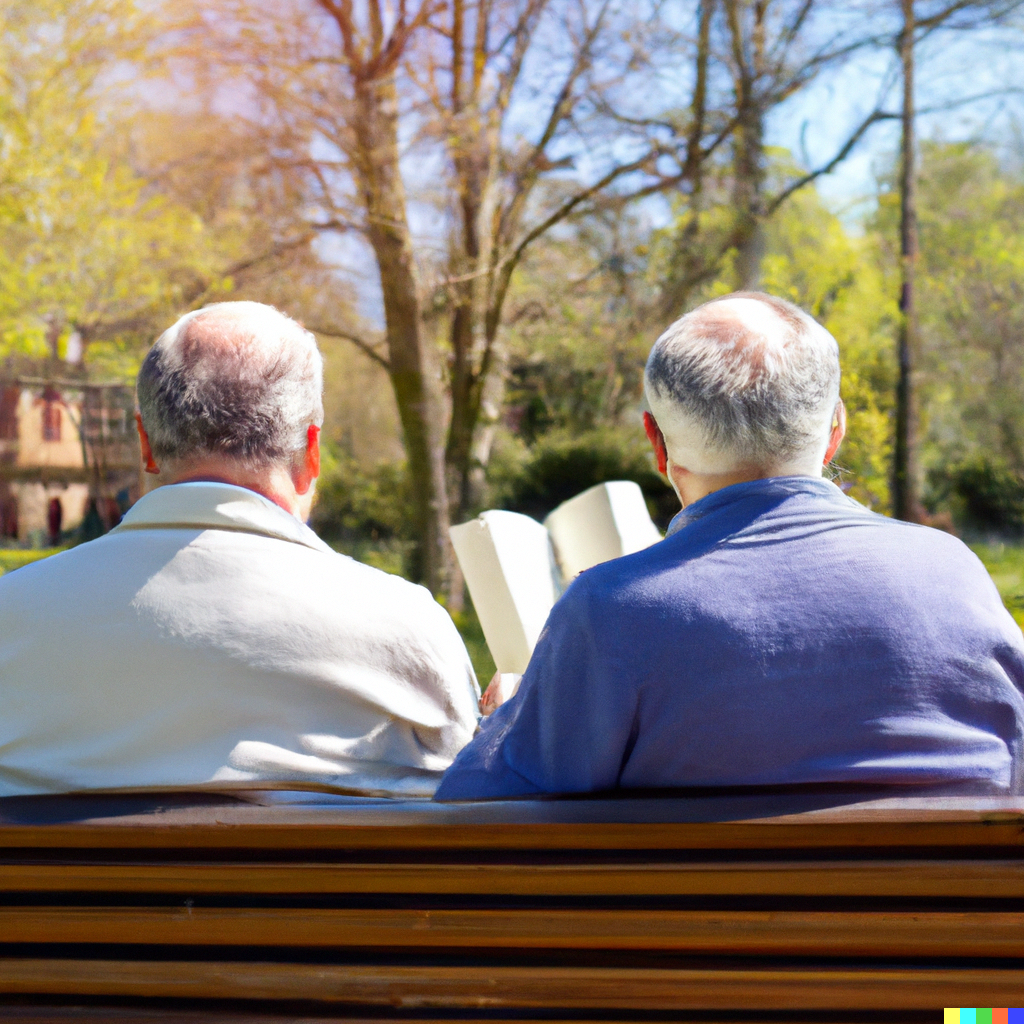General Condition Help
Home Care Alzheimer’s Safety Awareness Guide?
If your loved one with Alzheimer’s still lives at home, take these Alzheimer’s safety steps to prevent wandering.
The Home Safety Checklist For Loved Ones With Dementia
Minimizing household dangers and providing safe home health care for dementia patients can be simple and effective with proper preparation.
Denial: A River Of Problems When Alzheimer’s Strikes
We are all in denial about something at some point in our lives. The dictionary defines denial as "the refusal to admit the truth or reality." My favorite definition is "the negation of logic."
A Wife’s Diagnosis, A Husband’s Despair: The Reality of Alzheimer’s
Jan's Story by Barry Petersen, the multiple Emmy-award winning CBS News correspondent, is the heart-wrenching account of his wife Jan's Early Onset Alzheimer's Disease.
A New Service For Tracking A Person With Alzheimer’s
As a source of information and support, the Alzheimer’s Association provides invaluable services to people with AD and caregivers who are faced with significant challenges on a daily basis and is known for its commitment to educating families about keeping people with Alzheimer's disease and dementia safe, active and independent for as long as possible.
Managing Sundowner's Syndrome
Sundowner's Syndrome (also known as sundowning) is a condition that occurs in the late afternoon or early evening when the sun goes down — generally between 3 p.m. and 8 p.m. It is not a separate disease but is one of the symptoms of dementia or Alzheimer’s disease. According to the Alzheimer’s Association, the Sundowner's Syndrome involves confusion, disorientation, agitation, anger, depression, restlessness, paranoia and mood swings. Some of the behaviors may include wandering, rocking, crying, pacing, hiding things and acting out aggressively.
Music as a Tool to Improve Communications Skills in Alzheimer’s Patients
For people with Alzheimer’s disease and dementia, the body’s functions degenerate as the brain’s functions deteriorate. Among the most affected are the five senses, but the sense of hearing is usually the first to go. Before hearing finally shuts down, music therapy can be a valuable therapeutic tool to promote interactive communication.
Dealing With a Parent With Dementia
It is not easy to deal with a parent with dementia or its most common type, Alzheimer’s disease. According to the Alzheimer’s Association, more than 10 million American adults have to cope with the responsibility of caring for a family member suffering from various types of dementia.
The Differences Between Alzheimer’s Disease and Dementia
Many a patient (or the family) has asked, “What is Alzheimer’s disease, and what makes it different from dementia?” The term dementia refers to a health condition marked by a progressive loss of cognitive or intellectual abilities. There are many types of dementia, arising from different causes, the most common of which is Alzheimer’s disease.
The Sage Test for Screening for Memory Disorders: An Update
The Ohio State University memory disorders researcher and Parentgiving adviser Dr. Douglas Scharre and his team confirmed the effectiveness of their SAGE test, a 15-minute cognitive assessment test you can give yourself at home. Find out how it works.

50 Safety Tips For Seniors
A recent study conducted for the National Institute of Aging found that about 22 percent of elderly Americans age 71 and older—about 5.4 million people—are already experiencing some degree of decline in their mental faculties.
An Expert’s Advice When Caring For A Loved One With Alzheimer's
Given the seriousness of their symptoms, people with Alzheimer’s often require around the clock care. But their caregivers need assistance, too.
